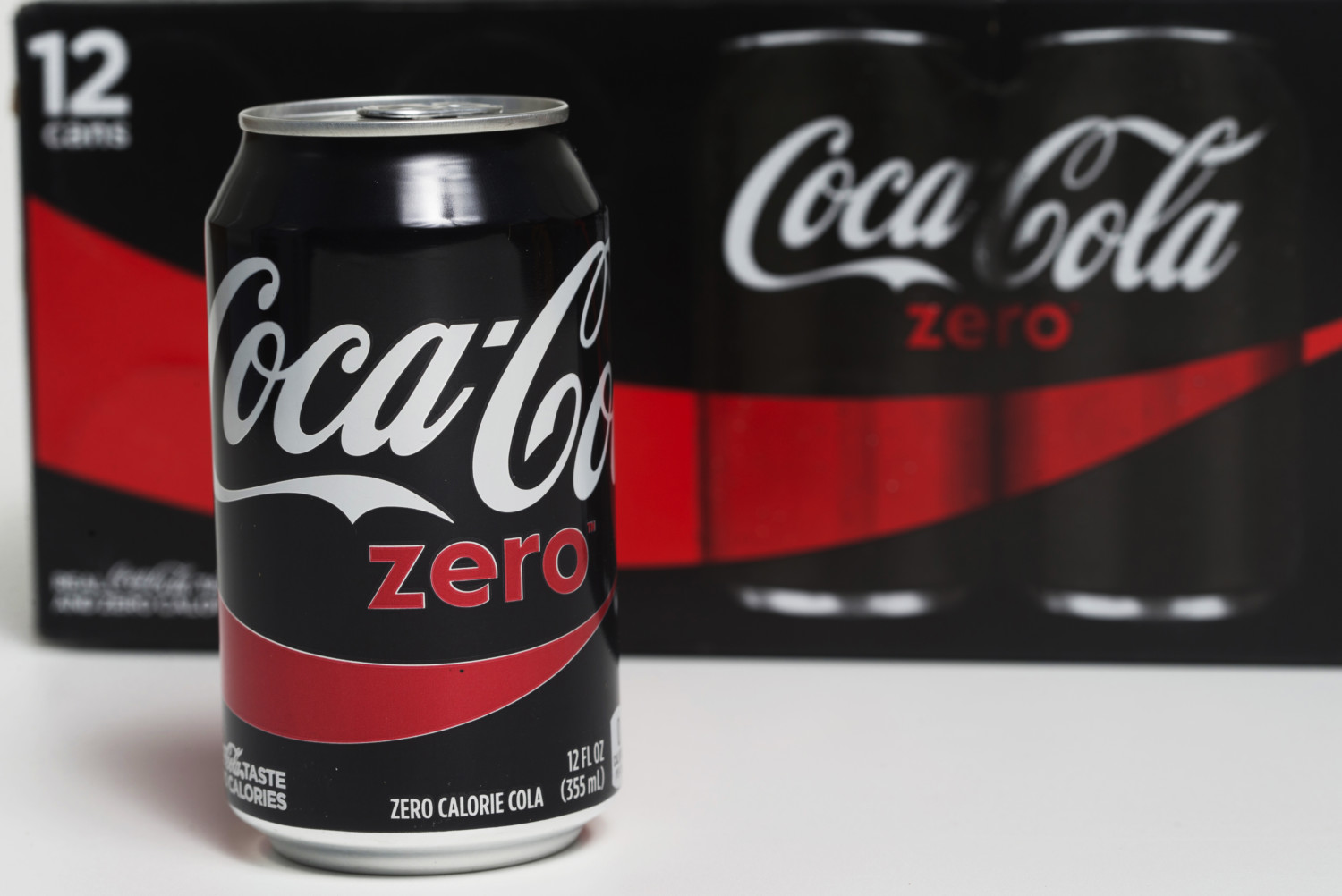The products and services mentioned below were selected independent of sales and advertising. However, Simplemost may receive a small commission from the purchase of any products or services through an affiliate link to the retailer's website.
Take a walk through the grocery store these days and you might notice the absence of diet sodas on the shelves. The demise of diet soda isn’t due to issues connected with the supply chain problems restaurants and other businesses are facing, due in part to the continuing COVID-19 pandemic.
No, it appears diet soda has an image problem.
The word “diet” comes packed with a lot of emotional baggage for people, and marketers are starting to pick up on how their customers react to the divisive word. And, when the younger generation of consumers talk through their spending habits, companies listen closely.
“No Gen Z wants to be on a diet these days,” said Greg Lyons, chief marketing officer of PepsiCo Beverages North America said during a December conference, according to CNN. “Younger people just don’t like the word ‘diet.'”
Based on the negative response to the “diet” label, soda manufacturers are rebranding a number of their products as “zero sugar” or increasing production of their zero-sugar products while reducing the presence of their diet soda formulas on the shelves. So, instead of seeing a lot of Diet Pepsi at the grocery store, be prepared to see more Pepsi Zero Sugar, according to PepsiCo Vice President of Marketing Todd Kaplan.
“Pepsi Zero Sugar remains a key focus for our brand as we have seen the growing demand from consumers for great tasting zero-sugar alternatives,” Kaplan said in an email to AllRecipes. “Recently, we’ve gone all-in on Pepsi Zero Sugar as we believe it is the perfect match for zero-sugar cola drinkers who are unwilling to compromise on taste. We expect zero-sugar cola to remain a big focus area for us in the future as more and more consumers look for great-tasting zero sugar products.”

But is this switch from diet to zero sugar simply just a name change? After all, the popular zero-sugar drinks are still calorie-free, as well as sugar-free.
While the primary reason for the shift away from diet soda is in name only, there are some subtle differences in the recipes of zero-sugar sodas compared to diet varieties. With the use of different combinations of artificial sweeteners, some of which are newer formulations, companies can more closely match the taste of the full-sugar version of their sodas as they keep the drink sugar- and calorie-free.
“You’re seeing a wider array of sweetener alternatives,” said Gary Hemphill, managing director of Beverage Marketing Corp. to The Baltimore Sun back when Coke Zero hit the market in 2005. “There are more good options than there ever have been. Sometimes, the sweeteners work even better in tandem as blends.”
No matter what marketers call the drinks or how they make them, researchers continue to study the effects of diet and zero-sugar sodas on people’s health. Some studies show that drinking two or more diet sodas a day could be linked to a higher risk of heart attacks and strokes. Other scientists say testing shows the artificial sweeteners used in zero-sugar and diet sodas might alter our bodies’ ability to process insulin correctly and could lead to a higher risk of Type 2 diabetes.
As with any healthy eating plan, the name of the game is to enjoy things in moderation. So, enjoy your favorite zero-sugar or diet soda once in a while without guilt!
This story originally appeared on Simplemost. Checkout Simplemost for additional stories.


